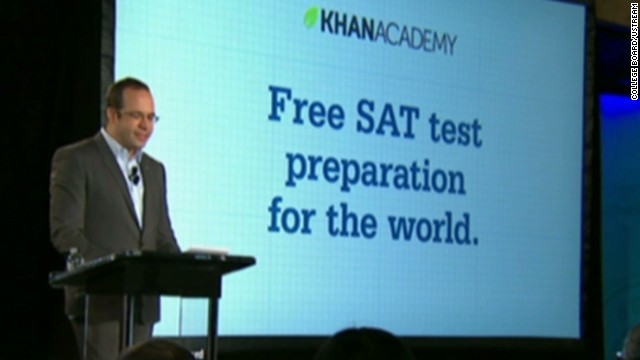Last year, the number of students who took the ACT, an aptitude test which largely measures knowledge acquired in school, was greater than the SAT, which measures test-taking abilities. The College Board, makers of the SAT, recently announced that in the spring of 2016, they will be changing the current format of the test to one more similar to the ACT, which they feel more accurately measures students’ college readiness. Here are alterations that will be made to the test:
1) No More Penalties for Incorrect Answers
Previously, an incorrect multiple choice answer resulted in a deduction of points from that section. The College Board felt that this penalty discouraged students from giving an answer that they think is correct for fear of losing extra points. Although some feel this new policy encourages guessing, college exams do not penalize students for incorrect answers, so the board feels this will more accurately evaluate a student’s aptitude for a college-level exam.
2) Cutting Out Obscure Vocabulary Words
The SAT is known to use words that deviate from the language that a student would use, even in a scholarly context. These words are often memorized only for the test and then never used again. The new SAT’s vocabulary section will include language that would be more commonly used throughout a student’s college career. The Board feels the new exam will be a realistic evaluation of a student’s knowledge of eloquent yet useful language.
3) The Writing Section
The College Board is also planning to turn the writing section into an optional essay, perhaps the most controversial change. The test will revert back to the 1600 scale based on the mathematics and vocabulary sections. The College Board has yet to disclose how the optional essay will be factored into the overall score, causing confusion for those taking the test in the next two years.
4) The Essay’s Objective
Currently, the SAT essay section gives a prompt; the writer must take a side and support the claim with books they’ve read, historical evidence, or personal experiences. The College Board now hopes to focus the essay on document-based questions. Students will receive a source document to analyze and will build an argument using evidence, reasoning, persuasion, and stylistic elements. The reading section will also have students read more sophisticated texts on science and social studies.
6) Formula-Based Math Problems
The math section of the SAT usually focuses on simple algebra and logic-based questions, instead of the types of mathematical problems the students solve in advanced high school classes. The test will change to include questions based on more complicated fields of math, which will better assess what a student has learned in high school and if they are prepared for college mathematics.

7) More Test-Prep Availability
The College Board announced a new partnership with Khan Academy that will provide free online test prep. This will make quality test prep available to more students, specifically ones that are unable to afford private tutors or prep centers. The College Board hopes that this change will result in every student having the opportunity to attain higher test scores.

